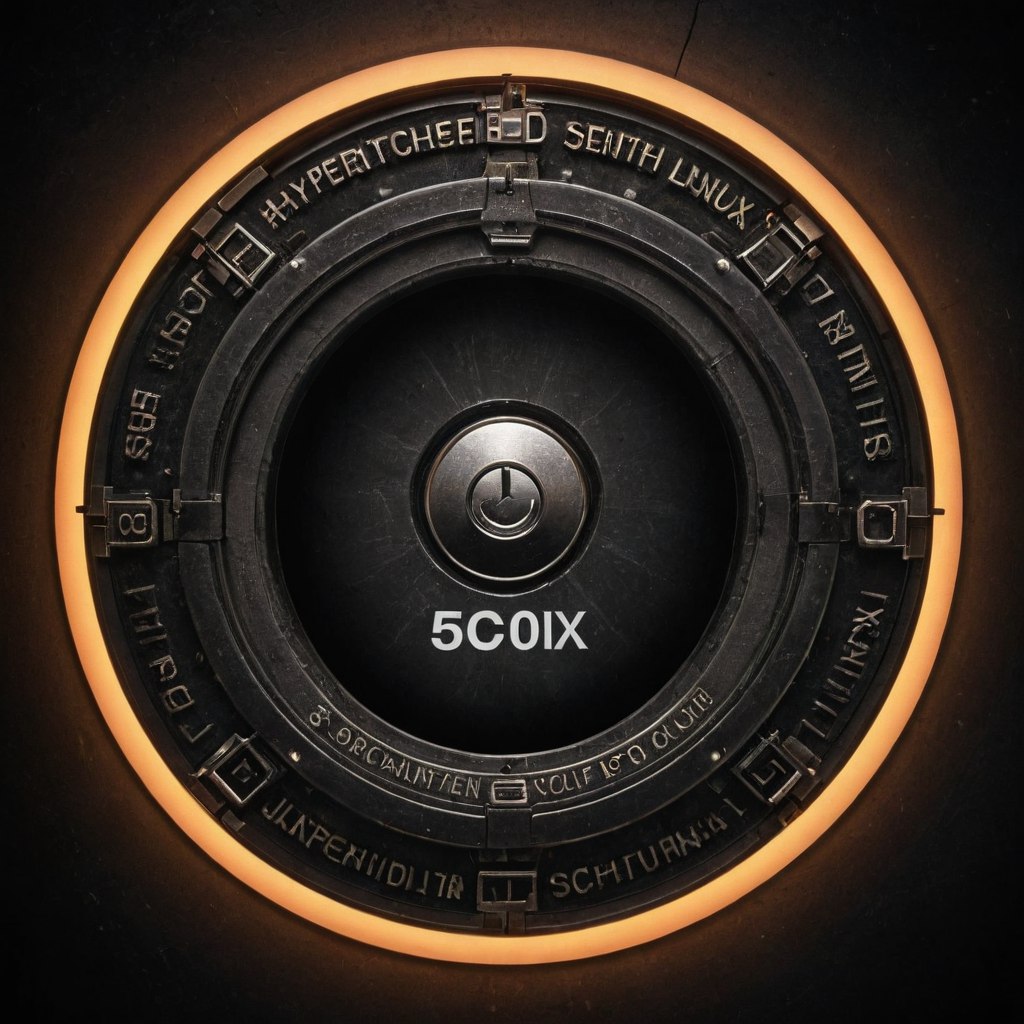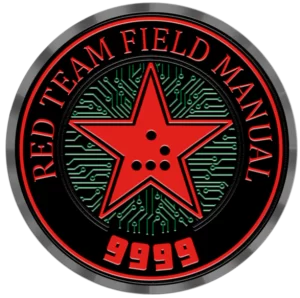
SEC506 is a comprehensive course designed to equip security professionals with the knowledge and skills necessary to secure Linux and Unix systems effectively. As these operating systems are prevalent in enterprise environments, understanding their security intricacies is crucial for protecting organizational assets.



 Enterprises have been working tirelessly to improve their security postures through defense-in-depth approaches. Offensive teams have also been putting in long hours of research into bypassing the latest EDR’s and defensive products that keep them on their toes. Long gone “hopefully” are the days of hurdling an HTA file laced with a download cradle at a mature organization with a “Free iPad” ruse and watching your screen fill with incoming agents. An offense-in-depth approach may be applied to offensive practitioner’s looking for success against organizations well-versed in defending a large enterprise. Today’s organizations have assets in multiple geo regions, networks, cloud services, border hosts, and many of them are tied to the internal network in some way. This course aims to help offensive practitioners successfully exercise their client environments from a multi-faceted approach using the latest TTPs blended with esoteric practices to gain the upper hand on your assessments.
Enterprises have been working tirelessly to improve their security postures through defense-in-depth approaches. Offensive teams have also been putting in long hours of research into bypassing the latest EDR’s and defensive products that keep them on their toes. Long gone “hopefully” are the days of hurdling an HTA file laced with a download cradle at a mature organization with a “Free iPad” ruse and watching your screen fill with incoming agents. An offense-in-depth approach may be applied to offensive practitioner’s looking for success against organizations well-versed in defending a large enterprise. Today’s organizations have assets in multiple geo regions, networks, cloud services, border hosts, and many of them are tied to the internal network in some way. This course aims to help offensive practitioners successfully exercise their client environments from a multi-faceted approach using the latest TTPs blended with esoteric practices to gain the upper hand on your assessments.

